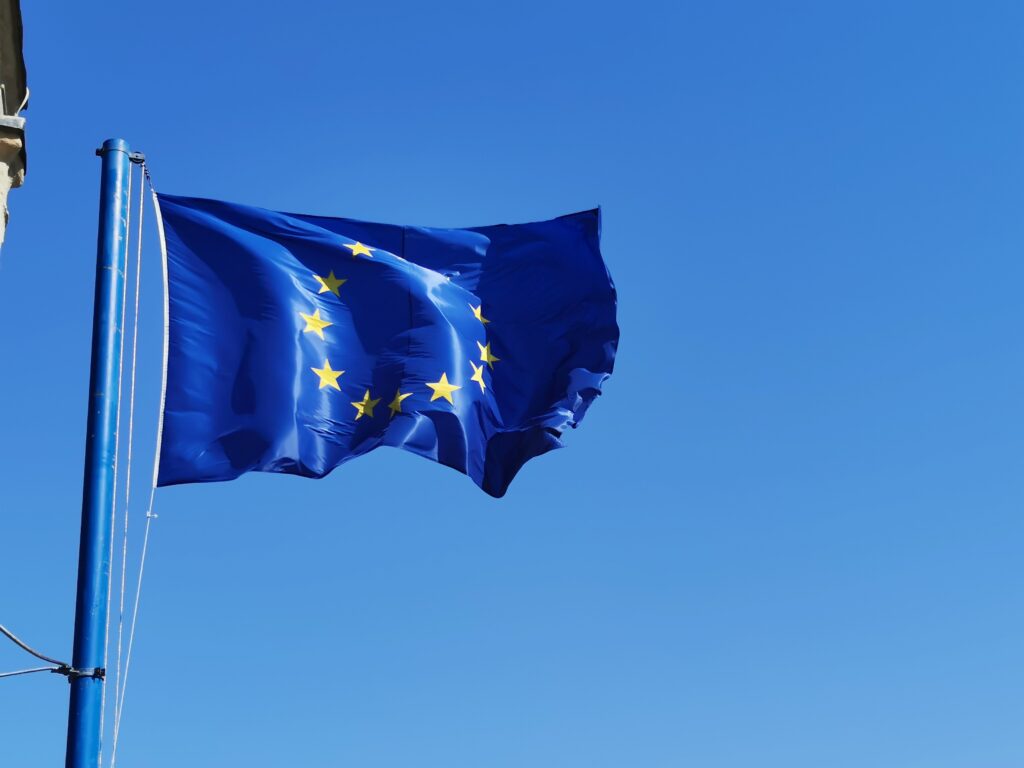EU RULES TO ENSURE FAIR COMPETITION AND MORE CHOICE FOR USERS WITH DIGITAL MARKETS ACT
E.U. Parliament and Council negotiators agreed on March 24, 2022 new EU rules to limit the market power of big online platforms. The European hotel industry is united in applauding the E.U. for setting new rules targeting digital gatekeepers which exercise disproportionate power towards their business users and consumers.
The Digital Markets Act (DMA) will ban certain practices used by large platforms acting as “gatekeepers” and enable the Commission to carry out market investigations and sanction non-compliant behaviour.
The text provisionally agreed by Parliament and Council negotiators targets large companies providing so-called “core platform services” most prone to unfair business practices, such as social networks or search engines, with a market capitalisation of at least 75 billion euro or an annual turnover of 7.5 billion. To be designated as “gatekeepers”, these companies must also provide certain services such as browsers, messengers or social media, which have at least 45 million monthly end users in the EU.and 10 000 annual business users.
During a close to 8-hour long trilogue (three-way talks between Parliament, Council and Commission), EU lawmakers agreed that the largest messaging services will have to open up and interoperate with smaller messaging platforms, if they so request. Users of small or big platforms would then be able to exchange messages, send files or make video calls across messaging apps, thus giving them more choice. As regards interoperability obligation for social networks, co-legislators agreed that such interoperability provisions will be assessed in the future.
Parliament also ensured that combining personal data for targeted advertising will only be allowed with explicit consent to the gatekeeper. They also managed to include a requirement to allow users to freely choose their browser, virtual assistants or search engines.
If a gatekeeper does not comply with the rules, the Commission can impose fines of up to 10% of its total worldwide turnover in the preceding financial year, and 20% in case of repeated infringements. In case of systematic infringements, the Commission may ban them from acquiring other companies for a certain time.

E.U. hotels satisfied with the change
This will bring some sweeping changes for hotels in the European Union. HOTREC – the umbrella Association of Hotels, Restaurants, Bars and Cafés and similar establishments in Europe – sees that the market leader for intermediated online hotel sales, which commanded almost 70% of the European market in 2019, will feature among the ‘designated gatekeepers’ based on the criteria set out by EU lawmakers.
In its own study on distribution HOTREC demonstrates that between 2013 and 2019, the market shares of Online Travel Agencies (OTA) have steadily increased in the European hotel sector from 19.7% in 2013 to 29.9% in 2019 (weighted results including data from hotel chains). At the same time, the share of direct bookings has decreased across Europe by over 10 percentage points from 57.6% in 2013 to 45.5% in 2019.
Chairman of the HOTREC Working Group on Distribution Markus Luthe said: “For the past decade, hoteliers have been on the receiving end of unacceptable behaviour by dominant OTAs on a ‘take it or leave it’ basis. Today’s agreement on the DMA gives a clear signal to digital giants: behave like partners, and not gatekeepers, towards consumers and business users.”
Next steps
After the legal text is finalised at technical level and checked by lawyer-linguists, it will need to be approved by both Parliament and Council. Once this process is completed, it will come into force 20 days after its publication in the E.U. Official Journal and the rules will apply six months after.
